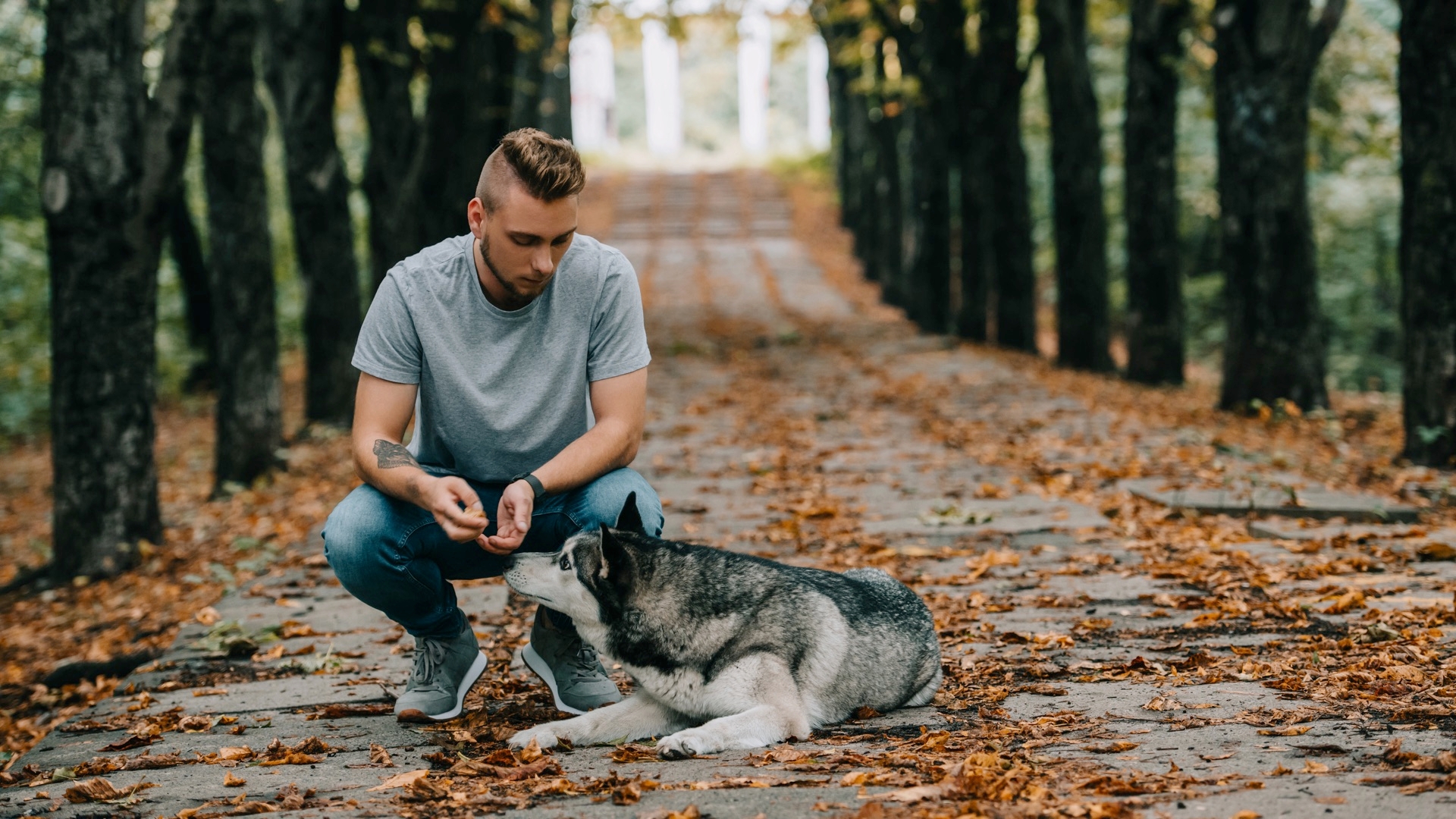Dog Training - What You Need To Know:
Summary:
Finding a good trainer is a very personal thing, because trainers will essentially be teaching you how to teach and communicate with your dog. A good trainer can work with a variety of people and dogs, will give you honest feedback about your chance of meeting your goals, and will use a range of methods and tools to help you achieve those goals.
Training a dog is about building a solid relationship between a guardian and a dog. This can be accomplished using communication techniques that guide and shape behavior. With training, practice, and consistent communication techniques, the dog-human relationship can develop here; a leash may not always be necessary to manage dog behaviors. A trainer to help guide his relationship-building process can speed things up and help ensure the best results.
Finding a good trainer is a very personal thing because trainers will essentially be teaching you how to prepare and communicate with your dog. You will find trainers who are committed to certain types of training. This can result in very different training techniques. Make sure you are aligned with a trainer that teaches the methods you believe are best for your relationship with your dog. Look for a trainer with a lot of experience; make sure they are a good fit for you and your dog.
A good trainer can work with various people and dogs, give you honest feedback about your chance of meeting your goals, and use various methods and tools to help you achieve those goals. You will find trainers committed to specific training techniques and trainers dedicated to a result regardless of the means of getting there. It will be your job to sort through and find what feels best for you. Not every trainer is meant for every person or dog. If the first person doesn't work out, try again! Also, not every dog is a good candidate for off-leash hiking. Be sure you find a trainer who may understand behavior or training limits related to your dog.
If you're looking for referrals, start with neighbors or friends whose dogs are well-behaved, and ask if they have any help. Ask a person on the trail that has a well-behaved dog. Your veterinarian may also have suggestions.
Remember, the dog trainer is only part of the equation. Successful dog training really depends on the dedication of the dog guardian. The efforts you put into training your dog will be worth it! Training requires consistent practice throughout the life of the dog. It is an ongoing partnership. Dogs are not robots. They do not learn things once and then remember them forever.
The following questions may help you find a trainer who is a good match:
- How long have you been training dogs?
- How many dogs have you worked with successfully?
- What is your philosophy toward training dogs?
- What training methods and tools do you use?
- Do you offer classes or private lessons?
- What limitations do you see my dog possibly having based on the breed and temperament?
- How long do you expect it to take to reach my goals for my dog?
- Have you been able to get dogs with histories of wildlife chasing to recall reliably off of wildlife? How?
- What kinds of dogs have you personally owned? Do you hike off-leash with them? Can you recall them in any situation?
- Why is it that your clients cannot get their dogs to obey off-leash reliably?


